Neurodiversity Spotlight – Extraordinary Attorney Woo
October 17, 2022
Debate of Neurodivergence Representation
Extraordinary Attorney Woo is a South Korean show on Netflix about Woo Young-woo, an autistic lawyer with a high IQ, great memory, and creative thought process. Despite graduating at the top of the class from a prestigious law school, Woo faces prejudice from her supervisor, Jung Myung-seok who doesn’t understand her social behavior. At the Asian Content Awards, the show was awarded for Best Content and the lead actress, Park Eun-bin received the Best Actress Award.
Grace Yeoh, a senior journalist at Channel News Asia, argues that although the show’s popularity may help to spread positive awareness of and empower neurodiversity, it receives valid criticism for using stereotypes of autism and glosses over genuine struggles of living with neurodevelopmental conditions by painting it as a superpower. This is common in many shows that feature autistic characters including The Good Doctor on ABC, The Big Bang Theory on CBS, and Sherlock on BBC. In a guest commentary for the Hollywood Reporter, three autism researchers observe that these shows often portray autism in characters who are awkward white male geniuses, playing into a common TV stereotype of autistic characters also having savant syndrome. In reality though, savant syndrome is very rare, even in the autistic population.
Although Extraordinary Attorney Woo uses stereotypes, it does make a good effort in balancing the reality of struggles Woo faces with clients and co-workers, feeling that she does not fit in with society. To counter the tradition of portraying autism as having low neurological development and needing caregivers to function, many on the spectrum seek empowerment from high-performing characters like Woo who uses her autistic traits to achieve success. However, this creates complexity in autism narratives, as neurotypicals often forget that autism falls on a spectrum, ignoring the struggles of anyone on the spectrum who isn’t a genius or needs help with every task.
As someone who is diagnosed with high-functioning autism, I found that my struggles in school were always ignored. My requests for accommodations received little support, with the argument that I shouldn’t need them became I’m smart and just being lazy or don’t care. The consequence of this really weighed on my grades and mental health. I barely passed high school, constantly had to defend myself to my parents, and had untreated depression for years. This black and white misconception of autism – making you either very smart or stupid – has harmful effects to society’s view and treatment of anyone on the spectrum and using stereotypes as representation like we see in Extraordinary Attorney Woo only adds to the problem.
Heroic representations of neurodiversity aren’t limited to autism. Progressive narratives about ADHD, for example, ignore an individual’s struggle with impulsiveness or distraction while crediting their diagnosis for strengths like high energy, perseverance, creativity, humor, and ability to multitask. Grace Yeoh, who discloses she has ADHD in the CNA article, cautions readers to remember that “not everyone with ADHD sees their condition with such positivity. Calling the characteristics of ADHD ‘superpowers’ does not erase the struggles.”
Though underdog success stories like Extraordinary Attorney Woo may provide a more positive outlook on being neurodiverse, and may even boost self-esteem or resilience, awareness should also be about accepting neurodivergence instead of simply glorifying it. If fictional narratives focus only on the strengths of neurodiversity and ignore the struggles, it sets high expectations which can’t be met without support and society’s understanding that we all have challenges.
A goal of neurodiversity representation should be to make people like me more comfortable and not need to mask to fit into a neurotypical society. In fact, I’d argue that most of that neurotypical society is masking their own neurodivergence with the expectation that everyone does the same. True acceptance should be expressing yourself without fear of judgement or discrimination, not having to worry about disadvantages in school or work, and not feeling pressured to act more neurotypical or be excluded from society.
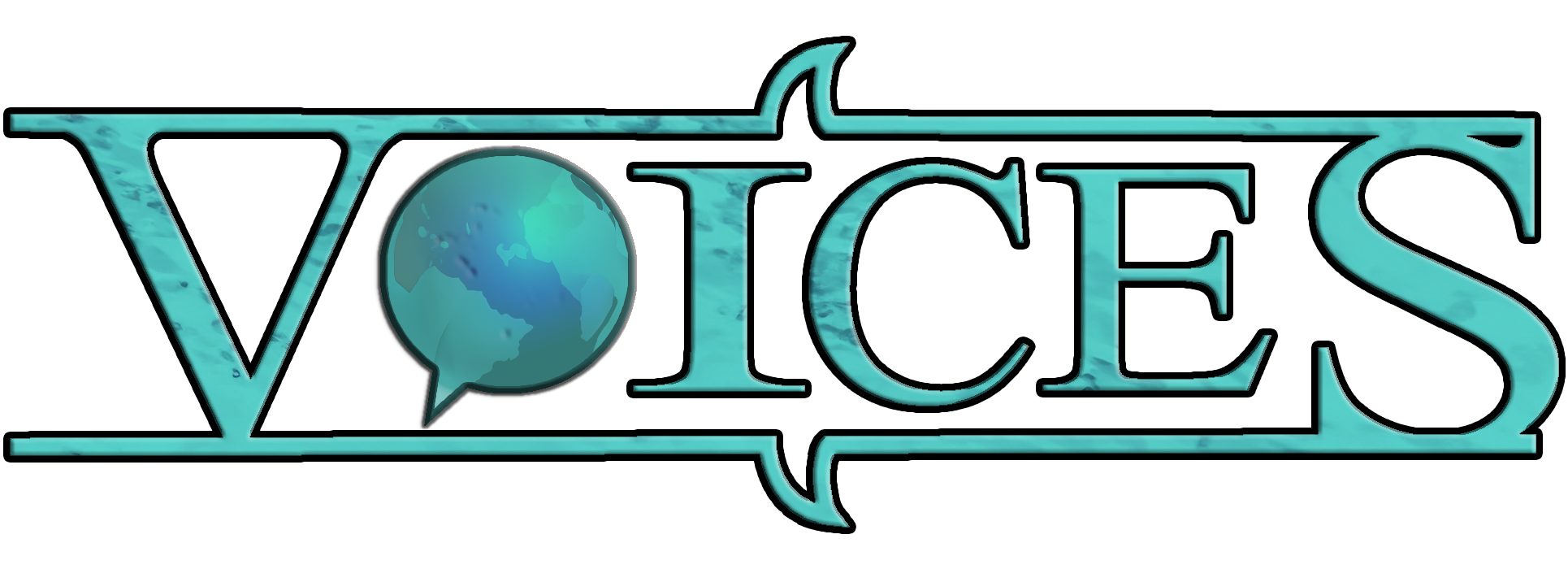
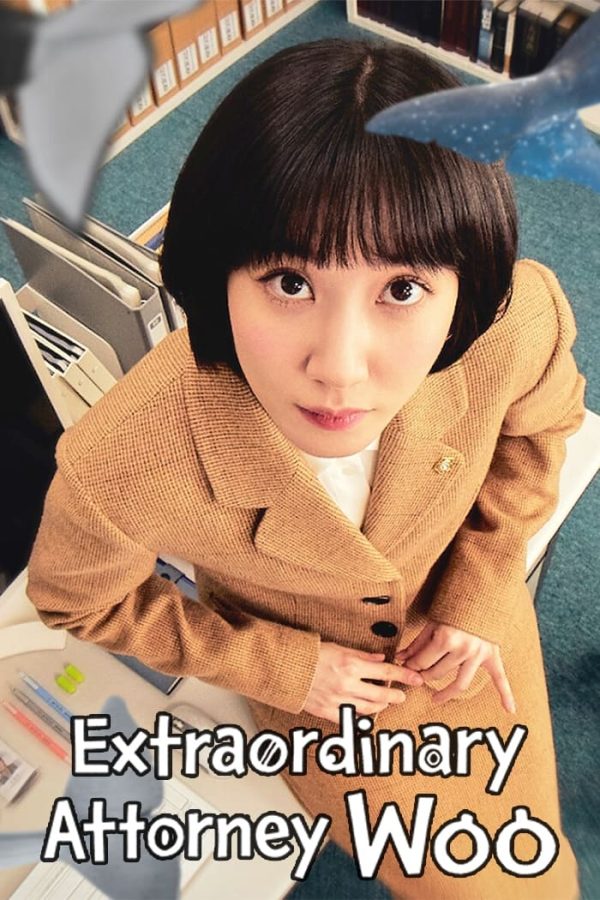

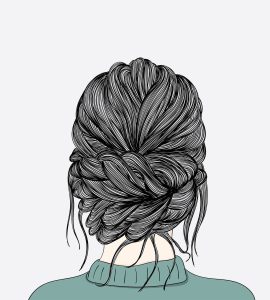
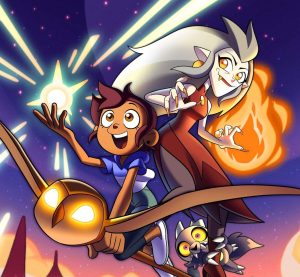
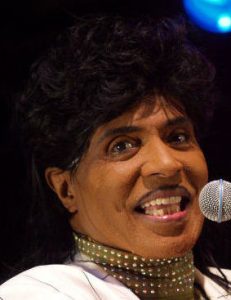

Ari • May 4, 2024 at 9:56 am
Well said. I have had some personal encounters during which someone expressed admiration for some traits of ADHD and seemed not to be aware of the drawbacks; the word “superpower” was specifically used during all of these exchanges. It is a little disgruntling to feel as if one’s challenges are being ignored when someone gushes over potential advantages granted by neurodiversity, but it is outright damaging when one is expected to excel by virtue of being neurodivergent and the reality is less than projected. This leads right back around to perceptions of the neurodiverse individual lacking investment or interest in success. It’s very good to see this issue addressed so that awareness can be raised.